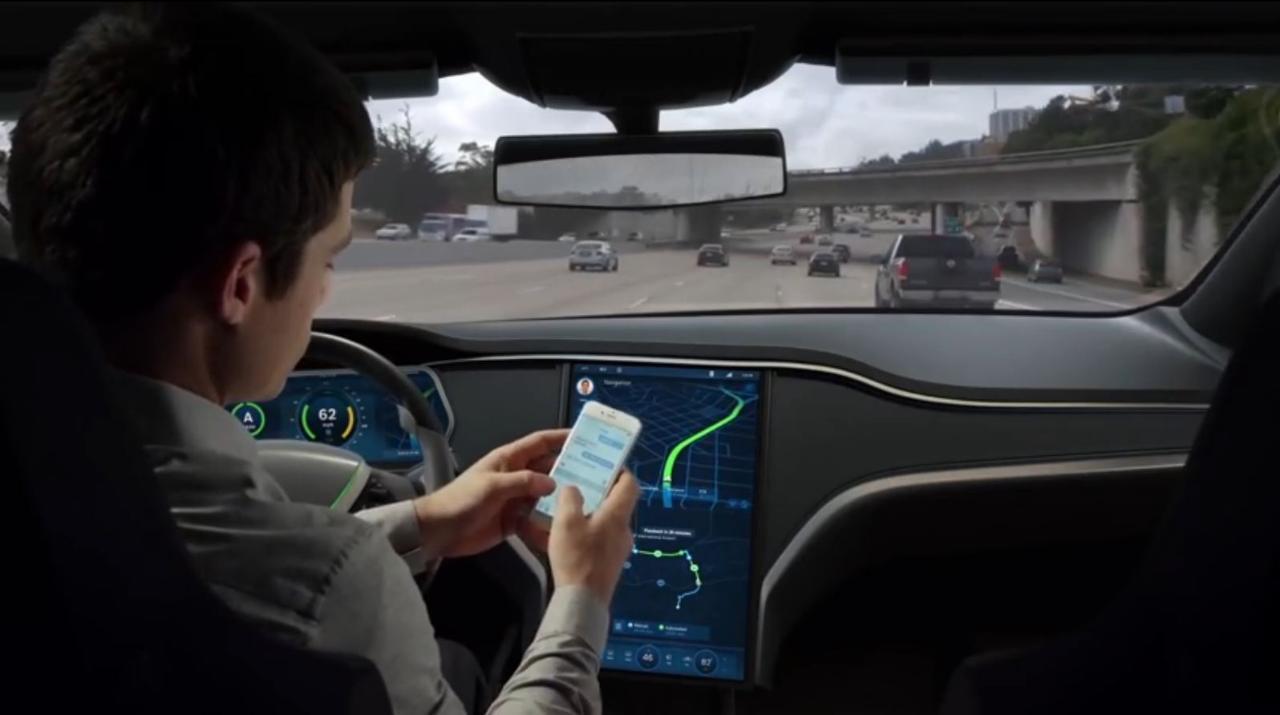Premier Jay Weatherill driverless car trial to start on Adelaides Southern Expressway in November
DRIVERLESS cars will be tested in Adelaide in an Australian-first trial of technology predicted to change the face of motoring. VIDEO: HOW THEY WORK

Cars
Don't miss out on the headlines from Cars. Followed categories will be added to My News.
DRIVERLESS cars will hit AdelaideÂ’s Southern Expressway in November as part of an Australian-first trial of technology predicted to change the face of motoring.
Premier Jay Weatherill today announced the trial, which will be overseen by the Australian Road Research Board Group in partnership with Swedish car giant Volvo.
The car trials will be conducted on the Southern Expressway on November 7 and 8, with multiple vehicles undertaking actions including overtaking, lane changing, emergency braking and the use of on and off ramps.
A driverless car developed by internet company Google hit US streets in 2012 following the passing of specific legislation in Nevada. Three other states and Washington DC now have laws permitting their use, and SA aims to become the first Australian state to follow.
Other manufacturers developing driverless cars include General Motors, BMW, Audi, Ford, Mercedes and Renault and they are also currently being trialled in the UK.
Advocates say the cars, which use sensors to measure distances between other vehicles, obstacles and traffic conditions, can be safer than those with human drivers and ultimately lead to more efficient use of roadways and faster transit.
Mr Weatherill said the technology to be used in Adelaide would bring a vehicle from Sweden that is being used in its Drive Me project that aims to begin commercial sales in 2017.
He said the technology promised to improve safety, reduce congestion and lower emissions.
“This trial presents a fantastic opportunity for South Australia to take a lead nationally and internationally in the development of this new technology and open up new opportunities for our economy,” Mr Weatherill said.
“It’s predicted that within just 15 years, the international driverless car industry will be worth $90 billion, so we want to encourage other global businesses to come to South Australia to develop and test their technologies.
“Driverless cars have the ability to revolutionise transport in this country and we want to be at the forefront.
“It is our ambition to be a test bed for innovation across a whole range of areas.”
Transport and Infrastructure Minister Stephen Mullighan said the trials would coincide with an international conference on driverless cars, to be held in Adelaide.
“The conference will provide an opportunity for experts from across Australia and the world to discuss new ideas and explore possibilities for partnerships and innovation,” he said.
“We know that about 90 per cent of all crashes are caused by driver error and driverless cars have the potential to see far fewer deaths and injuries on our roads in the future.”
South Australian road laws would have to be changed to shift focus from the driver of a car to the operator of the driverless software, such as Google.
Mr Mullighan said after a trip to the US this year where he saw driverless vehicles being tested that the Government would release a discussion paper and aim to introduce the necessary legislation late this year.
ARRB Group Managing Director Gerard Waldron said automated vehicles are “far from science fiction, but rather a short-term reality that Australia needs to be prepared for”.
The RAA said it was proud South Australia would be the first state in Australia to test the technology.
The organisation said driverless cars had the potential to solve many of the state’s transport issues, particularly congestion on city streets.
“By 2020 all cars that come off the production line will have some ability to drive themselves, and we need to prepare,” said public affairs manager Penny Gale.
“By applying international research in these trials, we can work towards understanding what is required to make driverless technology suitable for our local road conditions and to keep road users safe.”
Ms Gale said the technology had the potential to be “a real win” for road safety and mobility in SA.
“Removing the need for a driver will open up a whole range of transport opportunities for many of our members, particularly people with disabilities and the elderly,” she said.
“While removing the reliance on human behaviour will undoubtedly save lives.”
Ms Gale said the RAA understood many of its members were hesitant in embracing the concept of a driverless car, with a survey revealing just 23 per cent felt safe in a car that drove itself.
“This trial will help us gauge the opportunities and issues road users might face, and help us better prepare our members for the future of transport that is rapidly approaching,” said Ms Gale.
“Who knows, one day not too far from now, common problems like finding a car park or dealing with peak-hour congestion could become a thing of the past, and Adelaide will have led the way by embracing and testing this new technology.
“Hopefully our involvement in the trial will also put the state in a great position for South Australian companies to create business opportunities in this area.”




